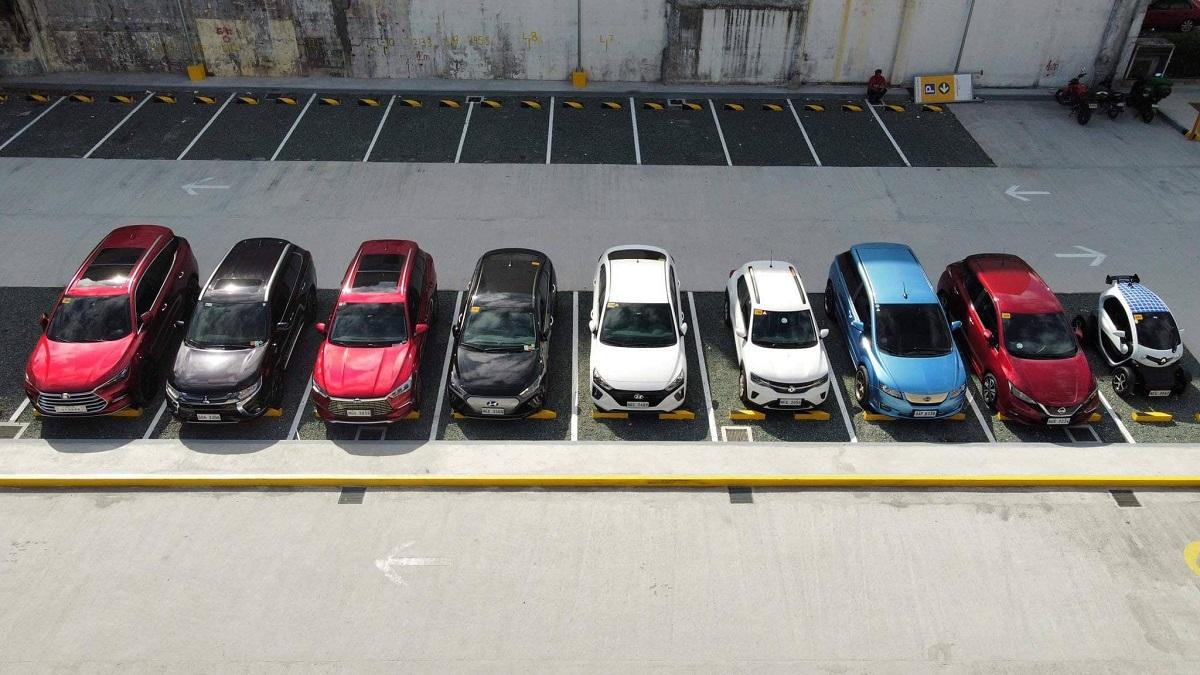Tariff Commission begins public hearing on EO No. 12 review
Published March 18, 2024 11:36am The Tariff Commission has begun its public hearing on the mandatory review of Executive Order 12 which provides lower tariff rates for electric vehicles (EVs) and their components except electric motorcycles. During the March 13 hearing, the Tariff Commission allowed interested parties to present their evidence in support of their position, […]


The Tariff Commission has begun its public hearing on the mandatory review of Executive Order 12 which provides lower tariff rates for electric vehicles (EVs) and their components except electric motorcycles.
During the March 13 hearing, the Tariff Commission allowed interested parties to present their evidence in support of their position, including the possible expansion of product coverage.
The interested parties were also given until March 18, Monday, to submit their position papers.
The National Economic and Development Authority (NEDA) earlier called on the public to participate in the public hearing to be conducted by the Tariff Commission and share their insights on the potential inclusion of electric motorcycles in a list of electric vehicles that enjoy lower tariffs.
EO 12 was enacted to complement the Electric Vehicle Industry Development Act (EVIDA) to create an industry for EVs in the country and help reduce carbon emissions, in compliance with the Philippines’ commitment to the Paris Agreement.
Different stakeholders and government agencies, such as Department of Trade and Industry’s Bureau of Investment (DTI-BOI), the Department of Energy (DoE), Autohub Group, and the Electric Vehicle Association of the Philippines (EVAP) have expressed support for the giving of tax breaks for e-motorcycles.
“This proposed coverage expansion will send a clear price signal for consumers to switch to EVs, which are more efficient and cheaper to run per kilometer, and assist in energy self-sufficiency,” DoE Utilization Management Bureau Specialist Andre Reyes said in the hearing.
As of now, e-motorcycles or two-wheeled electric vehicles with maximum speed of over 25 kilometers per hour are still subject to a 30% tariff rate.
EVAP wanted to give tax breaks to e-motorcycles for a limited time, to help create an industry for their manufacturing in the country.
“The granting of tariff exemption should be limited only to one year with a commitment to at least do a CKD of the same model or another model in the second year,” said EVAP in a position paper.—Jiselle Anne Casucian/AOL, GMA Integrated News














